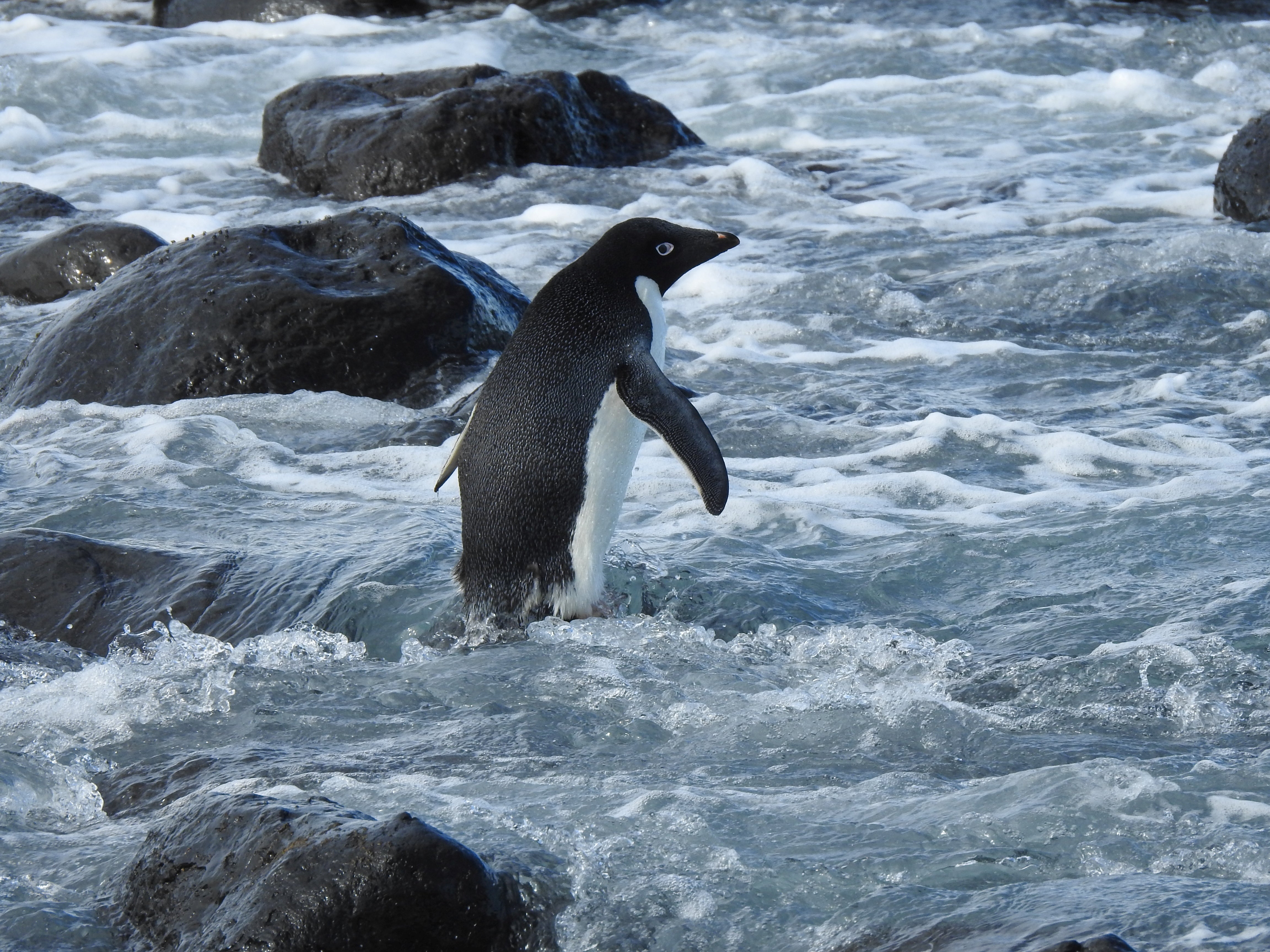Penguin from Antarctica travels 3,000 km to New Zealand, affectionately named Pingu by locals
The Adélie penguin is only the third of its kind to be found on New Zealand’s shores

A rare Antarctic penguin has been found on the shores of New Zealand, 3,000 km away from its home.
The Adélie penguin is only the third of its kind to be found on New Zealand’s shores. They were last spotted in the country in 1962 and 1993.
In this instance, the penguin was found by a local resident called Harry Singh who works on the beach at Birdlings Flat, a settlement south of the city of Christchurch.
He was walking back home with his wife when he spotted the penguin, who has now been named Pingu by locals.
“First I thought it (was) a soft toy, suddenly the penguin moved his head, so I realised it was real,” Mr Singh told the BBC.
“It did not move for one hour... and [looked] exhausted,” he added.
Mr Singh found that the penguin was not getting back into the water, which prompted him to call rescuers.
“We did not want it to end up in a dog’s or cat’s stomach,” he said.
Mr Singh then got in touch with Thomas Stracke of the Christchurch Penguin Rehabilitation, who works to rehabilitate penguins on New Zealand’s South Island.
Mr Stracke, along with a veterinarian, rescued the penguin and found that it was an Adélie penguin, only found in the Antarctic peninsula.
The penguin is being given fluids after tests conducted on it showed that it is dehydrated and slightly underweight.
It was then released onto the beach on Banks Peninsula, which is safe from dogs, reported The Guardian.
Philip Seddon, a zoology professor at Otago University, said that while spotting Adélie penguins are rare in New Zealand and could signal that the marine ecosystem is in danger, one penguin does not make a trend.
“I think if we started getting annual arrivals of Adélie penguins, we’d go actually, something’s changed in the ocean that we need to understand,” he said.
He added that it could have been a young bird that it could have been a young bird that strayed too far and got caught in the current that carried him so far away from its natural habitat.
Experts believe that global warming is disrupting the natural habitats of Antarctic penguins and may affect how penguins behave.
A Nasa study in 2006 found that in the areas of Antarctica that are experiencing warming, Adélie penguins are either declining or expected to drop off in the next 40 years.
Join our commenting forum
Join thought-provoking conversations, follow other Independent readers and see their replies
Comments
Bookmark popover
Removed from bookmarks